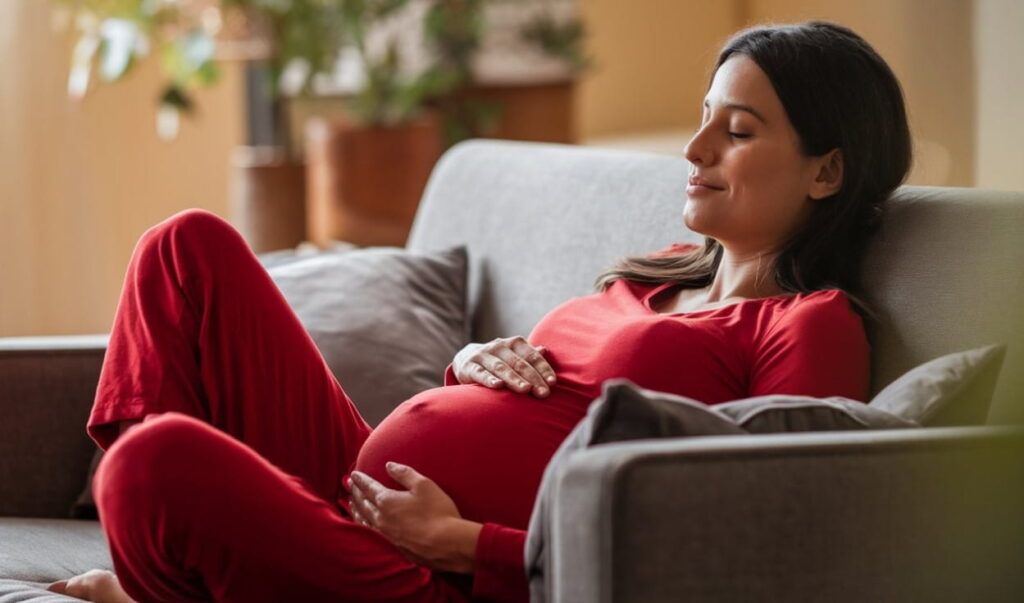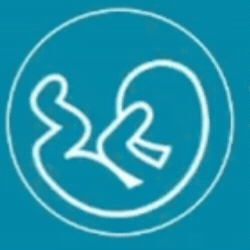Pregnancy and Bladder Control: Understanding and Managing Incontinence
Pregnancy brings about numerous physical changes, and one often overlooked aspect is pregnancy and bladder control. Many expecting mothers experience shifts in bladder function due to hormonal changes, increased pressure from the growing uterus, and other factors. Understanding these changes and their impact is crucial for maintaining comfort and well-being during this important time. This blog explores effective strategies for managing pregnancy and bladder control, including exercises and lifestyle changes, and highlights when it’s essential to seek medical assistance.
What is Incontinence During Pregnancy?
What is the Most Common Type of Incontinence in Pregnancy?
The most prevalent form of incontinence during pregnancy is Stress Urinary Incontinence (SUI), which occurs when physical pressure, such as a cough or sneeze, leads to leakage. Another type, Urge Urinary Incontinence (UUI), involves involuntary bladder contractions that create a sudden urge to urinate, often resulting in leakage before reaching the bathroom.
Is It Common to Leak Pee During Pregnancy?
Yes, studies suggest that approximately 40% to over half of pregnant individuals experience bladder control issues, particularly during the third trimester, when pressure on the bladder is at its peak. Additionally, many women may continue to experience incontinence after childbirth, especially following vaginal deliveries.
Symptoms and Causes
What Are the Signs of Pregnancy Incontinence?
Signs of urinary incontinence during pregnancy can manifest as early as the first trimester and may worsen as pregnancy progresses. Common symptoms include:
- Leakage during physical activities (coughing, sneezing, laughing, or exercising)
- A sudden urge to urinate without warning
- Increased frequency of urination
- Dribbling or leaking between bathroom visits
What Causes Bladder Control Loss in Pregnancy and After Childbirth?
Various physiological changes during pregnancy contribute to bladder control issues, including:
- Increased Uterine Pressure: As the uterus expands, it exerts pressure on the bladder, reducing its capacity.
- Hormonal Changes: Elevated progesterone levels can relax pelvic floor muscles, leading to reduced bladder control.
- Childbirth Complications: Injuries to pelvic nerves during delivery, particularly with vaginal births, can lead to long-term bladder control issues.
Risk Factors for Incontinence During Pregnancy
Several factors can increase the risk of experiencing incontinence, including:
- Pre-existing Bladder Issues: Prior urinary incontinence or recurrent UTIs may exacerbate symptoms.
- Obesity: Higher body mass index (BMI) can double the risk of incontinence.
- Age: Women over 30 may have a higher likelihood of developing SUI.
- Vaginal Delivery: This type of birth often correlates with increased post-pregnancy incontinence.
- Episiotomies: This procedure, once thought to aid delivery, may weaken pelvic floor muscles, increasing incontinence risk.
Diagnosis and Tests
How Are Bladder Control Problems Diagnosed?
Many women may not discuss urinary incontinence with their healthcare providers due to embarrassment. However, it’s essential to report any issues, as effective management strategies can significantly improve quality of life. If incontinence persists six weeks post-delivery, further evaluation may be necessary. Diagnostic tests can include:
- Bladder Stress Test: Assessing for leakage during physical exertion.
- Cystoscopy: Visual inspection of the bladder.
- Pad Test: Measuring urine absorption in a specified timeframe.
- Ultrasound: Evaluating bladder function.
- Urodynamic Testing: Assessing bladder pressure and flow.
Management and Treatment
How Are Bladder Control Problems During Pregnancy Treated?
There are several effective management strategies for bladder control during pregnancy:
- Kegel Exercises: These strengthen pelvic floor muscles, enhancing bladder control. To perform Kegels, squeeze the muscles used to stop urine flow, hold for 10 seconds, and repeat for multiple sets daily.
- Dietary Changes: Switch to decaffeinated beverages and avoid spicy or acidic foods that may irritate the bladder.
- Fluid Management: Limit fluid intake, especially in the evening, to reduce nighttime bathroom trips.
- Bladder Training: Maintain a schedule for bathroom visits and gradually extend intervals between trips to improve bladder control.
- Weight Management: Maintaining a healthy weight can alleviate pressure on the bladder.
While managing bladder control can feel challenging, many women share similar experiences. Utilizing pads or incontinence underwear can provide additional comfort and confidence.
Prevention
Can Pregnancy-Related Loss of Bladder Control Be Prevented?
Outlook / Prognosis
How Long Does Incontinence Last?
Living With
How Do I Take Care of Myself?
When Should I See My Provider?
Schedule an appointment if incontinence persists six weeks or more after pregnancy or if it significantly impacts your quality of life. Don’t hesitate to seek help—many women share these experiences, and support is available.


